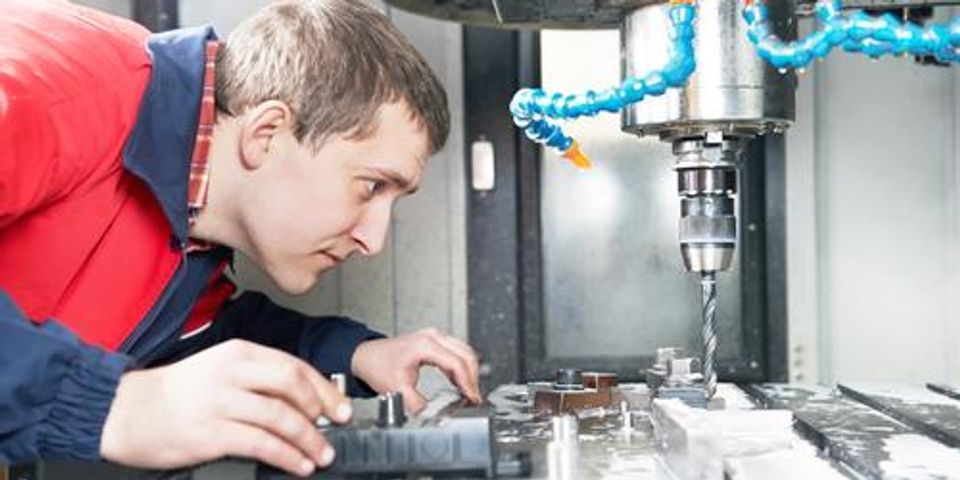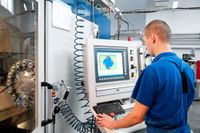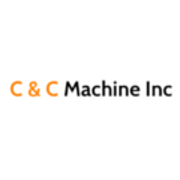
These days, if you’re looking for extreme precision when scheduling metal work, it’s a given that you’ll look for a technician who has access to a CNC machine. Short for computer numerical control, this device uses advanced modeling technology to operationalize powerful drilling or welding machinery. To shed some light on these mechanisms, it’s useful to examine the history of CNC machines.
A Look Back at the Development of CNC Machines
1. Predecessor
 The beginnings of CNC technology can be traced back to a comparatively rudimentary mechanism known as cams. These rotating parts had the potential to direct a machine based on basic inputs. It was used as early as the 19th century for weaponry construction. The main limitation was that the input had to be simple and manual — it could not yet handle abstract information.
The beginnings of CNC technology can be traced back to a comparatively rudimentary mechanism known as cams. These rotating parts had the potential to direct a machine based on basic inputs. It was used as early as the 19th century for weaponry construction. The main limitation was that the input had to be simple and manual — it could not yet handle abstract information.
2. Advent
Everything changed in the 1940s, thanks to a machinist named John Parsons. His milling prototype designed to engineer tougher aircraft shells utilized a motor, an advanced hydraulic input system, and a feedback mechanism. Directions along a grid system were communicated orally from one worker to another. This starting point led thinkers at MIT to eventually introduce a system of punch card inputs, which continued the evolution toward a more powerful CDC.
3. Modern-Day
A major mid-century breakthrough was the introduction of CAD systems, short for Computer Assisted Design. The way you could communicate with your tool became more sophisticated with workers being able to draw up advanced designs on a screen and have this information conveyed through the computer. To this day, CAD is still a dominant program that designers use, allowing them to draft precise and intricate models that are fed through the CDC operation.
C & C Machine has earned a reputation as the premier welder in La Crosse, WI. With access to CNC machines, they can execute swift metal fabrication jobs with an extraordinary degree of exactitude. To start a conversation about your needs, simply call (608) 784-4427. Learn more about the machine shop by visiting the website.
About the Business
Have a question? Ask the experts!
Send your question

